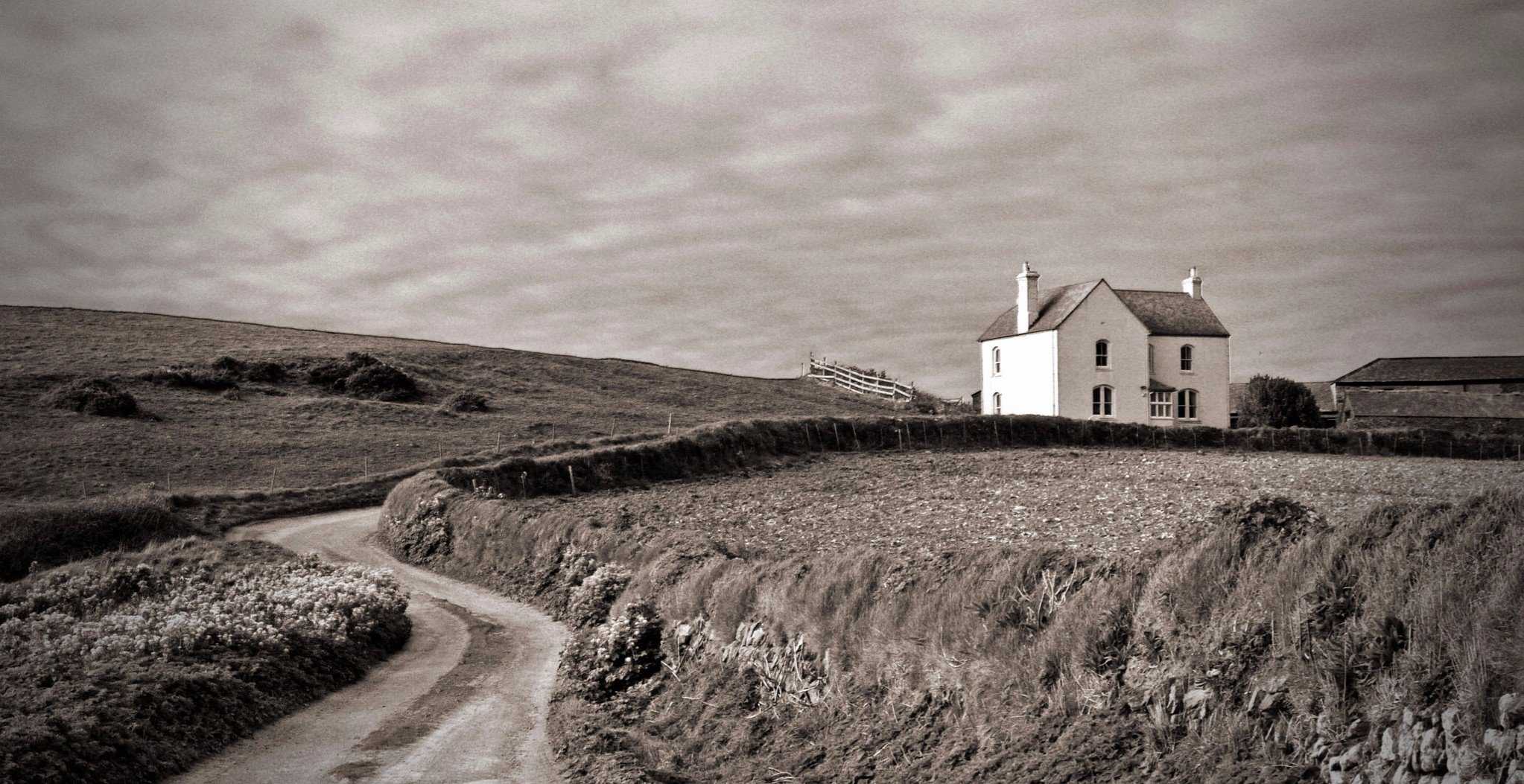I often say I’m from Chicago.
A little part of me dies every time I say I’m from Chicago.
Don’t get me wrong. I love Chicago. It feels like a second home. But I grew up in Iowa, am currently living in Paris, and will soon return to Boston. I lived in Chicago five years and four cities ago, so I feel like a liar every time I say I’m from Chicago.
So why do I say I’m from Chicago? Well, oftentimes it’s just the easiest way of answering that seemingly-simple-but-actually-complicated question “where are you from?”
***
The question “where are you from?” is usually innocent, sometimes very positive, and occasionally troubling. Here are eight possible reasons for asking the question:
1) Making small talk
We commonly ask, “Where are you from?” when we can’t think of anything else to say. It can fill in awkward silences when meeting someone.
2) Helping you to feel more welcome
I have often been the lost visitor who has been helped by the generosity of strangers. After telling me where to go, people usually ask where I’m from and then say something like “Oh great, well, welcome to __.”
3) Finding connections in our disconnections
When staying at a student hostel or visiting a tourist trap, “where are you from?” is oftentimes the first question asked — long before you ask someone’s name. It can be a way of saying, “I assume you’re not from here, but we’re both not from here, and hey, we got that in common.”
4) Finding out where in a regional area you live
In settings where everyone is assumed to be a resident of the area, “where are you from?” can mean “where exactly do you currently live?” This could be done out of simple curiosity or as a way to try to determine a lot about you.
5) Noticing that your accent is different
While in Paris, it takes about a nanosecond for someone to know that I’m not from France. Inevitably, people ask me where I am from.
This has even happened back in the States. I have been asked whether I was from Minnesota, and it wasn’t because I was eating a hotdish. People have spotted the “Minnesota O” that still crops up in my speech after living in the Twin Cities.
6) Asking where your ancestors are from
I once lived with a German Jesuit who did not really consider me an American. Knowing that there were two n’s in my last name, when he asked me, “Where are you from?” what he really meant was, “Where in Germany is your family from?”
7) Asking about one’s ethnicity
As many immigrants and people of color explain, “where are you from?” often carries with it a subtext. This is particularly evident when, after responding “Boston” or “California,” the questioner then asks, “No, but where are you really from?” As a white American, I have never been asked, “Where are you really from?” For many other Americans, however, this can be a regular, maddening occurrence.
8) Saying you’re not welcome
Sadly, sometimes the question “where are you from?” is really just code for “why are you here?” I know I need to listen to the experiences of those who have been made to feel unwelcome because of this question.
@Tanvim @katchow “Where are you from” to a Brown person has an Orientalist twist. Like I’m not home, don’t belong here, out of place.
— Never Worn (@Neverworn2) October 21, 2015
***
Just as there are various reasons for asking, there are also many ways of responding to the question “where are you from?” Here are some:
1) Where you were born and raised and where you currently live
For some people, “where are you from?” may be a very easy question to answer if they have lived in the same place for most of their lives. For many of us who have lived in different areas, however, it’s more complicated…
2) Where you spent your most formative moments, whether or not you were born there and whether or not you currently live there
I had a college friend with a bumper sticker that said, “I wasn’t born in Texas, but I got here as fast as I could.” He has since lived in many places, but he will always be a Texan.
Some people seem to identify much more strongly with particular places and will continue to say that they are from there, even if they have since moved. People from Seattle (who will say Seattle, not Washington) and Texas (Texas, not fill-in-the-blank city) seem much more likely to let you know that they are from there than someone from, say, suburban Cleveland.
3) Varying levels of specificity depending on where and with whom you’re speaking
When I’m outside the U.S., I say I’m from the States, even though “the United States,” is so massive that saying I’m from there says very little.
When I’m in the U.S. but outside of Iowa, I say I’m from Iowa. Even that, however, does not give a very good picture of where I am from in that my particular city is radically different from most of the state.1
4) The closest city that someone has actually heard of
This is why I often say I’m from Chicago when I’m abroad. I love talking about Iowa, but frankly, it’s not very interesting, and it takes much longer to explain what/where it is.
5) A cool place close to where you actually grew up
Approximately 52%2 of the students from my university said they were from Chicago. About 98% of them were lying. Even though many students were fully aware of where Naperville, a Chicago suburb, is located,3 it sounds a lot cooler to say you’re from the city of Wrigley Field and Millennium Park than to say you’re from suburbia.
6) Some incredibly specific place when celebrating an ethnic holiday
One’s family may have been in the U.S. for 170 years, but on St. Patrick’s Day, suddenly it seems that many friends are from County Cork or some very particular place in Ireland.4
7) Where you buy your groceries, see your doctor, and put away your suitcase
Whether or not they are originally from there, many choose to say that they are from the place where they currently reside. Even if you have recently arrived at your current location, saying you’re from there can help to grow roots and build a sense of home.
8) No adequate answer because it is just too complicated
For third culture kids or for those who have lived in many different places, no simple answer suffices. Some simply refuse to answer the question.
***
If both asking and answering the question “where are you from?” is so complicated, perhaps we need a new question. In a captivating TED talk, Taiye Selasi proposes the question “where are you a local?” This more easily allows the respondent to focus on the place(s) where their real life occurs. (The video is below so that you can watch it yourself.)
Where are you from? For many of us who have lived in multiple places, no answer feels adequate. Where are you a local? Whether it’s one place or five, this is a question that invites me to share where I feel at home, where I really live.
This post is part of a series in preparation for Magis 2016, a gathering of young adults before World Youth Day in Poland. Pope Francis has offered participants a series of twelve questions for their preparation. To see how others are responding to the question, “Where are you from?” check out the Magis website.
The cover image by Flickr CC user Martin Brigden can be found here.
- There are 99 counties in Iowa. Chuck Grassley, a U.S. Senator who has received much recent attention because of his role as chairman of the Judiciary Committee, won 98 counties in his most recent senatorial campaign. My county was the one he did not win. ↩
- Give or take… a lot. ↩
- Again, 52% of students were from “Chicago” and many others drove through Chicagoland on their way to school, so they were quite familiar with the Chicago suburbs. ↩
- I mean, I do it too. I cheer for Germany in the World Cup and talk about the exact region where my great-great-grandfather Rossmann came from in 1866, conveniently forgetting about (or not knowing about) the places my other ancestors (whose names I don’t carry) came from. ↩


